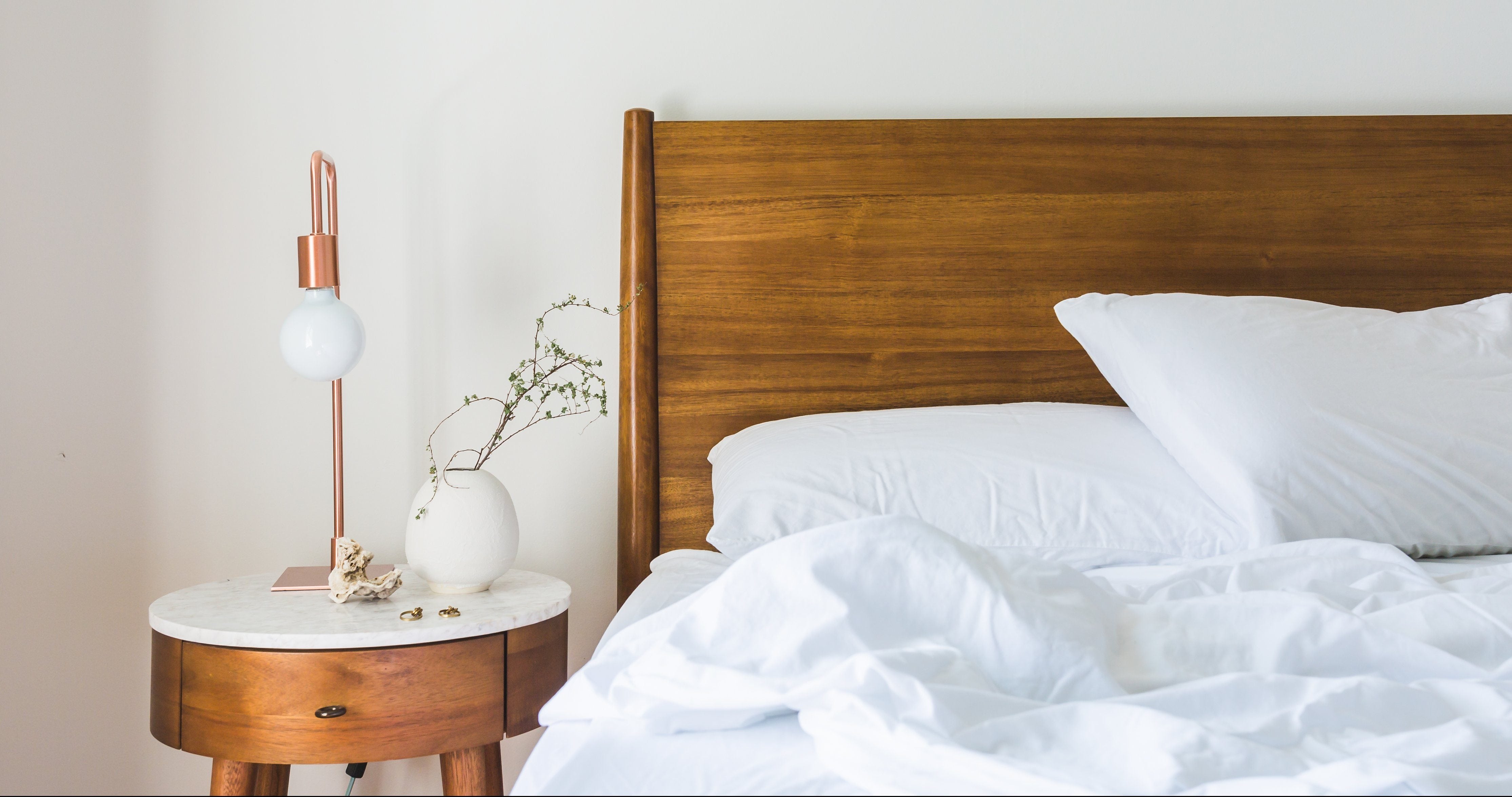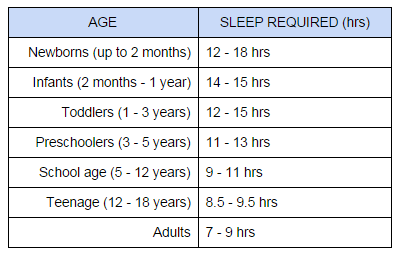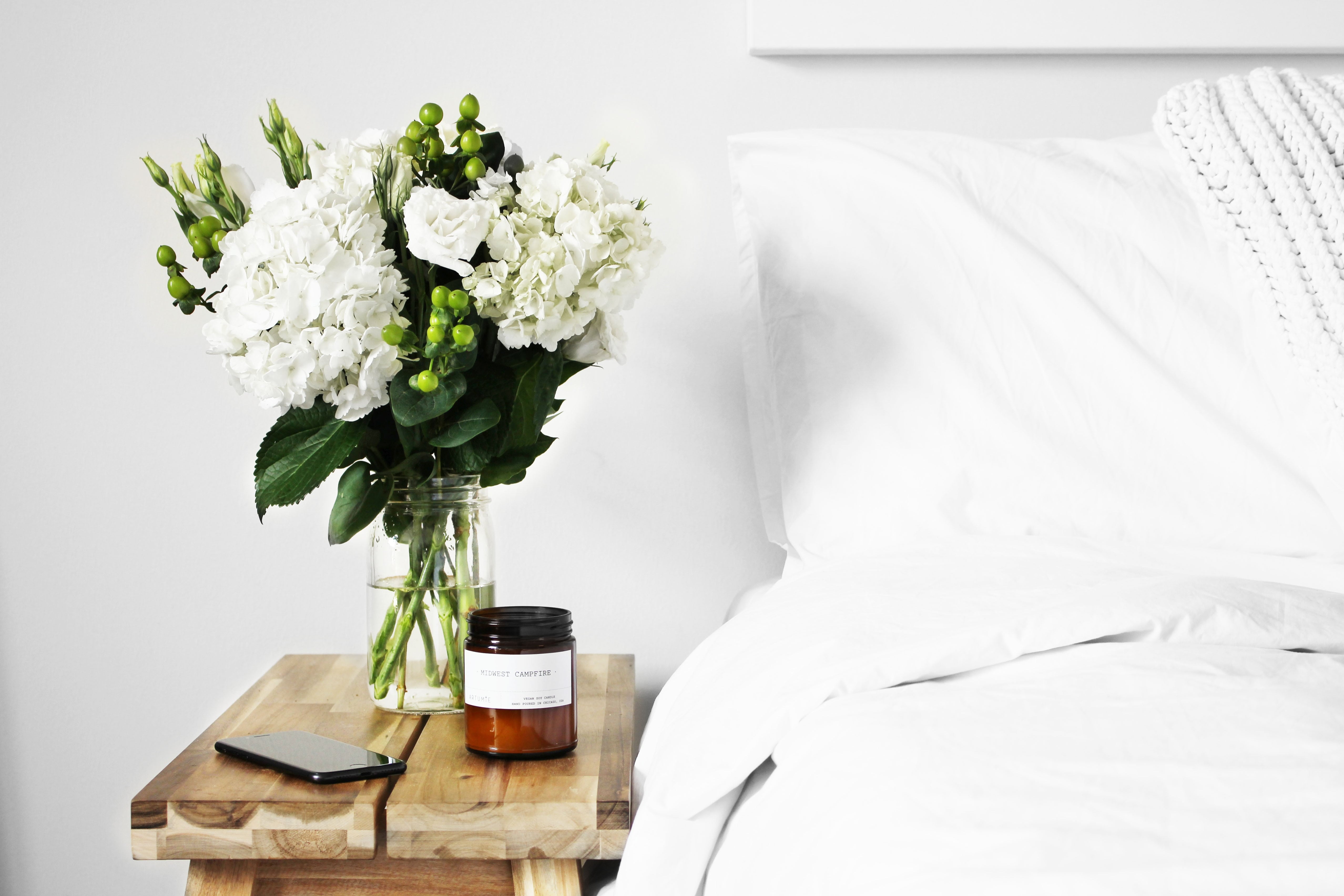
The Ultimate Sleep Routine Guide (for adults)
1 sheep, 2 sheep, 3 sheep…
Ever play that game, “how many hours of sleep will I get if I can fall asleep RIGHT NOW?” It’s terrible. Every so often my brain decides it’s time for a round, while at the same time racing from thought to unconnected thought, usually focusing on stressful or painful topics. Now, on top of being anxious about the big day ahead that I need to rest up for, I’m reliving that time I was a huge jerk in high school and feeling just awful. Perfect!
If you’ve been there too, read on. Sleep is linked to a plethora of health outcomes and conditions, including:
- Stroke – both getting too little sleep AND too much are implicated in increasing risk
- Heart disease – some studies show increase calcification of arteries and veins with lower sleep (ie stiffer, less pliable cardiovascular system)
- Weight regulation – when we lack sleep, our hunger hormones increase and our satiety hormones decrease, creating the perfect formula for over eating
- Fertility – here, the link could also be leptin, which has a role in ovulation cycles
- Stress, irritability, low energy – this article sums it up quite nicely, and the zinger: only 20% of adults report getting sleep that’s good or excellent quality.
Quantity and Quality
It’s true that not everyone needs the same amount. Maybe you know someone who claims to feel fully refreshed after only 5 hours, and someone else who needs more like 9 to recharge. Though there’s some variation here, most adults need somewhere around 8 hours. This is easy math – subtract 8 from the time you have to wake up, and that’s the time you should be planning to have your head on a pillow!

Quality can be a bit trickier. If you’re getting “enough” but still don’t feel rested, then it’s possible that you aren’t going through all the stages of sleep. Breathing problems, from a temporary common cold to sleep apnea, may be to blame and if it’s the latter, a sleep study could show you the problem. Check out this side by side comparison of home sleep tests here, find a sleep lab near you, or talk to your doctor about who they use for referrals.
Building a relaxing sleep routine
Remember Pavlov’s dogs? He taught them to expect food when he rang a bell…over time, their brains connected the sound of the bell with being fed. Similarly, we can train our brains to expect sleep if we consistently apply a series of stimuli. In the 20-30 minutes before you turn out the lights and close your eyes, choose some relaxing elements that will help detach your mind from the day’s thoughts and put it in a restful place. Pick 3 or 4 from this list that sound appealing, and add them nightly for the next few weeks:
Play relaxing music
Dim the lights, or use fewer than you would to light the house fully
Sip on herbal tea, or warm water with lemon
Put on lotion, giving a gentle massage to hands & feet
Use lavender essential oil on your temples, or a few drops on the pillow
Turn on a white noise machine
Listen to a guided visualization
Read a book or magazine (something you’ll enjoy – no work manuscripts allowed!)
Talk quietly with someone you care about (by phone is fine!)
Try some gentle stretching with a bedtime yoga routine
Breath deeply and slowly for 2-3 minutes, while in a comfortable position
Pray, or recite or reread a poem or passage that makes you feel safe and comfortable
Jot down thoughts or feelings in a journal, or make a to do list for the following day to get it out of your head
If you’re still tossing and turning for more than 20 minutes, try taking melatonin – start with a small dose, 3mg or less, and check with your doctor if you’re on other medications before using.
 Photo cred: https://unsplash.com/@logannolin
Photo cred: https://unsplash.com/@logannolin
At the same time:
- Nix laptops, TV screens, phones, and other light-emitting devices – the wavelength of light they put into your eyes is similar to daylight, and prevents your brain from making its own sleep-inducing melatonin! Most experts recommend against even having a TV in the bedroom – try a nice painting instead.
- Avoid caffeine for 6-8 hours before bedtime (yes, it can circulate that long in your system!). Caffeine has a half life of 5 hours – that means after 5 hours, about half the amount is still circulating!
- Keep alcohol to 1 standard drink for women, and 2 or fewer for men.
- Stop eating approximately 3 hours before you plan to lay down; this prevents reflux and indigestion. There’s no magic time that everyone should stop – tailor it to your bedtime!
Make the mood
Your bedroom should be a sanctuary of relaxation and self care. If the place you visit nightly to rejuvenate is messy, disorganized, and unpleasant, how much relaxing can happen there? Without doing an HGTV style makeover, you can still make some zen-inducing changes.
- Consider the lighting. A bedside lamp with a dimmer allows you to change the mood easily, and remember, high light levels keep your brain more alert.
- Pick up your room! Mom was right about this, too – having good habits around immediately folding laundry to put away, keeping jewelry, make up, and other small toiletries out of sight, and chairs and surfaces clear takes minutes a day and is the difference between living in chaos and serene elegance.
- Make your bed each morning – it’s the single easiest thing to do that will make the room look neater right away.
- Organize your closet – live to a higher standard. You deserve it, so give yourself that gift!
Which bed looks most appealing to you?
So. You should have all the tools you need to start sleeping better – tonight! Give yourself at least 2 weeks of consistent routine to see real results. And let me know how it goes!
What are you best tips for getting a good night’s rest? Comment below, and I’ll add them!










